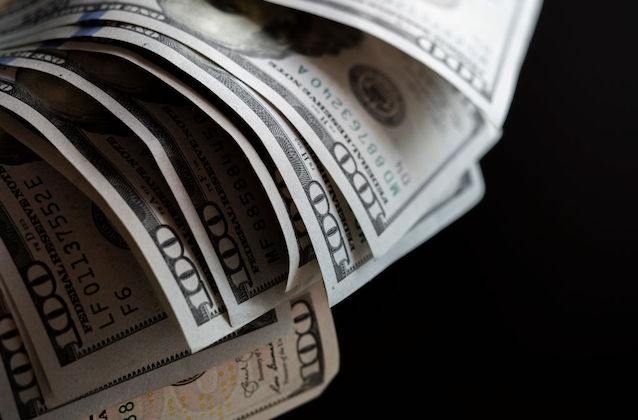As the United States faced the beginning of a racial reckoning this summer in the wake of George Floyd’s death, one Black woman decided to find the answer to a centuries-old question. Dana Peterson, an economist on Wall Street, wanted to quantify the cost of racism to the world’s largest economy, according to Bloomberg Businessweek.
Reports Bloomberg:
From her home in northern New Jersey, Dana Peterson, who at the time was a global economist at Citigroup Inc., got to work parsing data stretching over two decades, a period that included the longest economic expansion in American history. Several months later, she revealed how that economic boom belied a glaring number: Closing racial gaps would have generated an additional $16 trillion in economic output since 2000, her research showed.
Peterson’s intention, according to Bloomberg, was to add a dollar amount to the effects of racism so that the people in her finance and economics world would understand the impact. “Some people don’t really contemplate there being a problem,” Peterson told the news outlet. “So that was the value of adding numbers because numbers take some of the emotion out of it. If you can relate to someone in their language, then it means something.”
Her research this summer led to a 104-page report, which was published by Citigroup in September. “I felt like I was telling part of my own story,” Peterson said, “helping people to understand things from my perspective as a Black person, but also marrying the fact that I’m an economist. It gave me a chance to talk about everything.”
Bloomberg adds:
Working in consultation with her manager, Citigroup Chief Global Economist Catherine Mann, and aided by two analysts, Peterson showed how disparities along racial fault lines in housing, education, policing, and voting all feed into one another to restrict the access of Black Americans and other minorities to employment, higher incomes, and the ability to build wealth. Housing segregation, for example, leads to unequal access to quality education. Growing up poor, meanwhile, boosts the likelihood that incarceration will diminish job opportunities.
Sifting through granular data such as student loan debt and occupation breakdowns by race—information that is usually the preserve of think tanks and academics, rather than Wall Street economists—Peterson said that inequities exist at every juncture, be it when Black Ivy League graduates are paid less than White counterparts or the struggles Black business owners face when trying to secure investment from venture capitalists.
Peterson determined “an additional 6.1 million jobs a year and $13 trillion in business revenue” could have possibly been generated over the last 20 years if Black entrepreneurs were given fair and equal access to credit, Bloomberg Businessweek reports. “At all these different levels of society and achievement, there are these roadblocks,” Peterson told the outlet. “It’s pyramidal.”
Click here to read Peterson’s full report.
